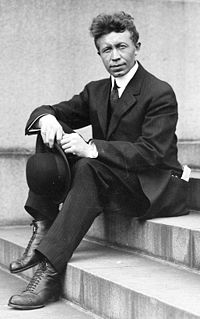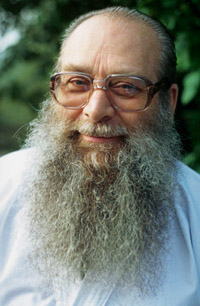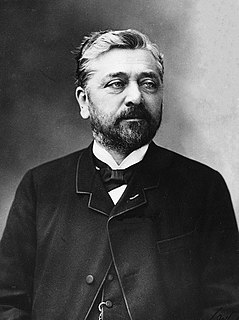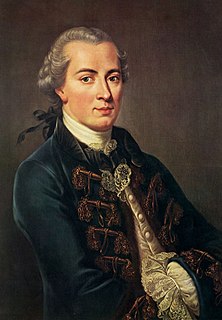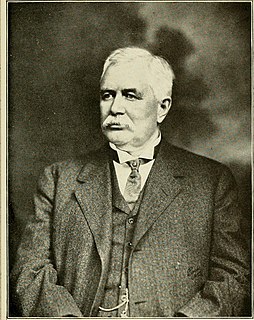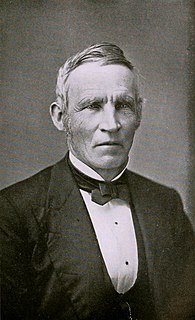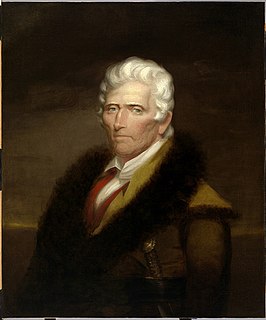A Quote by Vilhjalmur Stefansson
The most striking contradiction of our civilization is the fundamental reverence for truth which we profess and the thorough-going disregard for it which we practice.
Related Quotes
Reverence, human of the Earth, is the fundamental element of all existence, so it is therefore also the fundamental element of love itself, which is built on this all-embracing reverence. And since this is so in truth, it is also an impossible thing that love, once awakened and built up in truthfulness, can ever weaken again and become cold, or could transform into hate or be annihilated.
Freedom of expression is the well-spring of our civilization... The history of civilization is in considerable measure the displacement of error which once held sway as official truth by beliefs which in turn have yielded to other truths. Therefore the liberty of man to search for truth ought not to be fettered, no matter what orthodoxies he may challenge.
If enlightenment comes first, before thinking, before practice, your thinking and your practice will not be self-centered. By enlightenment I mean believing in nothing, believing in something which has no form or no color, which is ready to take form or color. This enlightenment is the immutable truth. It is on this orginal truth that our activity, our thinking, and our practice should be based.
The primary purpose of the Legislature in establishing "Arbor Day," was to develop and stimulate in the children of the Commonwealth a love and reverence for Nature as revealed in trees and shrubs and flowers. In the language of the statute, "to encourage the planting, protection and preservation of trees and shrubs" was believed to be the most effectual way in which to lead our children to love Nature and reverence Nature's God, and to see the uses to which these natural objects may be put in making our school grounds more healthful and at-tractive.
It is characteristic of fundamental discoveries, of great achievements of the intellect, that they retain an undiminished power upon the imagination of the thinker. The memorable experiment of Faraday with a disc rotating between two poles of a magnet, which has borne such magnificent fruit, has long passed into every-day experience; yet there are certain features about this embryo of the present dynamos and motors which even today appear to us striking, and are worthy of the most careful study.
Each member of society can have only a small fraction of the knowledge possessed by all, and...each is therefore ignorant of most of the facts on which the working of society rests...civilization rests on the fact that we all benefit from knowledge which we do not possess. And one of the ways in which civilization helps us to overcome that limitation on the extent of individual knowledge is by conquering intelligence, not by the acquisition of more knowledge, but by the utilization of knowledge which is and which remains widely dispersed among individuals.
